Security Takes Priority After Texas Incident
Jewish groups push for Congress to double federal funding to protect nonprofits in the wake of the Jan. 15 hostage-taking.
Dave Schechter is a veteran journalist whose career includes writing and producing reports from Israel and elsewhere in the Middle East.
As it was after Pittsburgh and Poway, the synagogue hostage-taking in Colleyville, Texas, has again made security topic number one for the Jewish community.
In the aftermath of the Jan. 15 drama at Congregation Beth Israel, a common theme was repeated by its rabbi, by the FBI director, and by Atlanta’s Jewish community security director: Planning, training, and relationships are key.
“There’s a saying that the best time to patch the roof is when the sun is shining, before the storm, and we don’t want to be meeting for the first time in the wake of a tragedy,” FBI Director Christopher Wray told a Jan. 20 national webinar hosted by the Anti-Defamation League.
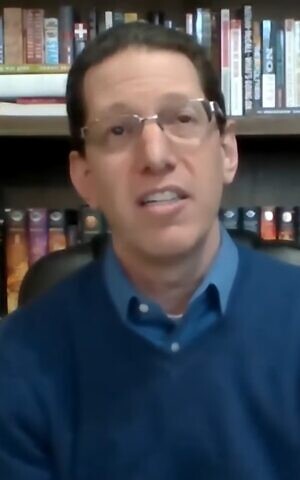
On that call, Rabbi Charlie Cytron-Walker credited the security training he received from the ADL and the (a program of the Jewish Federations of North America) for his surviving the 11-hour ordeal. “All of it was helpful, yet one of the things that we are aware of is that no matter how good the planning is, no matter how good the security is, these kinds of things can still happen,” he said.
That is why Neil Rabinovitz, director of community security for the Jewish Federation of Greater Atlanta, took advantage of another video conference Jan. 20, this one hosted by JFGA and the ADL’s Southeast region, to urge local Jewish organizations to take advantage of security assessments and training his office provides.
Cytron-Walker told the national ADL webinar that when a stranger — later identified as 44-year-old British national named Malik Faisal Akram — appeared at his synagogue’s door, “I did an initial look at him. . . There were no initial red flags.” The rabbi opened a locked door and invited him in, even serving him tea.
After the service began, Akram — who was armed with a handgun and said that he also carried explosives — took Cytron-Walker and three congregants hostage. Several thousand people who turned into Beth Israel’s livestream heard Akram demand freedom for Aafia Siddiqui, a Pakistani neuroscientist serving an 86-year sentence in a federal prison in Texas for attempting to kill U.S. military personnel in Afghanistan in 2008.
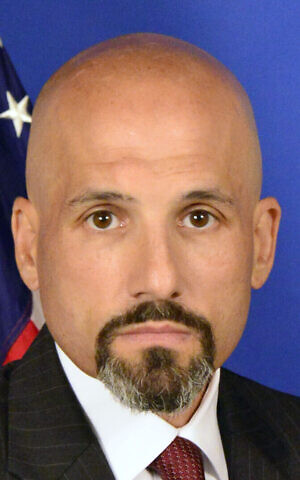
Cytron-Walker described Akram’s mindset: “It was basically the notion that Jews were more important in his mind than everyone else and that America would do more to save Jews than it would for anyone else, and that’s why he specifically targeted a synagogue, … that’s why we were put through that terrible ordeal.”
One hostage was released late Saturday afternoon. Shortly before 9.30 p.m. Central, Cytron-Walker, who had grown concerned about Akram’s behavior threw a chair at him and yelled for the other two hostages to run for an exit door. The trio escaped and soon after, Akram was shot and killed by the FBI.
“Let me be clear and blunt, the FBI is and has been treating Saturday’s events as an act of terrorism targeting the Jewish community,” Wray said. “This was not some random occurrence. It was intentional. It was symbolic and we’re not going to tolerate anti-semitism in this country. We recognize that the Jewish community, in particular, has suffered violence and faces very real threats from, really, across the hate spectrum.”
Wray assured those on the call: “You can be confident that we in the FBI stand with you.”
The FBI director said that the threat facing America today is “more and more these lone actors, plotting essentially fairly simple and unsophisticated, but just as deadly, attacks, which means there are a lot fewer dots, if you will, to connect, and a lot less time in which to connect them.”

Wray outlined three ways the Jewish community can aid that effort: Be vigilant and contact authorities if something is amiss, develop relationships with all levels of law enforcement before help is needed, and take advantage of training and planning, which are “hugely important to making sure we don’t have a tragedy.”
Rabinovitz told the AJT that the challenge facing the Jewish community remains “how to be welcoming and open and at the same time be secure. It can be done.” Atlanta was among the first Jewish federations to employ a director of community security, a post it established in 2001.
Rabinovitz, who works for SCN in conjunction with the Federation, works with Jewish institutions to apply for funds through the NonProfit Security Grant Program administered by the Federal Emergency Management Agency. In fiscal year 2021, that program made available $180 million, with individual grants at a maximum of $100,000-$150,000. Competition for the funds has increased in recent years. Jewish Insider reported that for fiscal 2021, 45 percent of applicants were awarded grants. The incident at Colleyville reinvigorated efforts by Jewish groups to persuade Congress to double the nonprofit grant fund to $360 million.
In fiscal 2021, FEMA allocated nearly $1.04 million to 15 nonprofit applicants in Georgia, of which $950,000 was earmarked to seven in metro Atlanta. Among them were Atlanta Jewish Academy, Chabad Lubavitch of Cobb County, Chabad of North Fulton, and the Jewish Federation of Greater Atlanta. Recipients elsewhere in the state included Chabad Lubavitch of Augusta; Congregation Mickve Israel in Savannah; Congregation Sha’arey Israel in Macon; and the Ramah Darom and Camp Coleman summer camps in north Georgia.
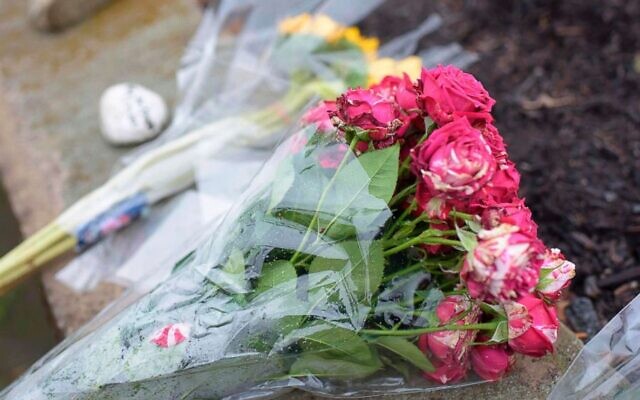
Individual grant amounts were not made available, but as an example of how funds are spent, the JFGA upgraded its perimeter fence and building access control system and installed a panic alarm system and window security film.
On the local video conference, Rabinovitz said that building doors should be locked, and visitors screened before entry, that security plans be reviewed and tested, that alarm systems be checked regularly, and that floor plans be accessible remotely and shared with law enforcement. He also recommended that synagogues hire off-duty, uniformed and armed police officers, whose vehicles, are a visible deterrent.
And he advised Jewish institutions to take care with what information they present on their websites and social media accounts, which can be scoured by anyone looking to threaten.
- Dave Schechter
- News
- Local
- Rabbi Charlie Cytron-Walker
- Anti-Defamation League
- Security
- SWAT team members
- Congregation Beth Israel
- Colleyville Texas
- Rabbi Yisroel Goldstein
- Chabad of Poway
- Neil Rabinovitz
- jewish community
- FBI
- Christopher Wray
- Tree of Life Synagogue in Pittsburgh
- Secure Community Network
- Jewish Federations of North America
- Malik Faisal Akram
- Aafia Siddiqui
- Afghanistan
- America
- terrorism
- Anti-Semitism
- violence
- NonProfit Security Grant Program
- Federal Emergency Management Agency
- NonProfit Grant
- Jewish Insider
- Congress
- atlanta jewish academy
- Chabad Lubavitch of Cobb County
- Chabad of North Fulton
- Congregation Mickve Israel
- Congregation Sha’arey Israel
- Ramah Darom
- Camp Coleman
- Summer Camps
- Jewish institutions
- jewish federation of greater atlanta
- Chabad Lubavitch



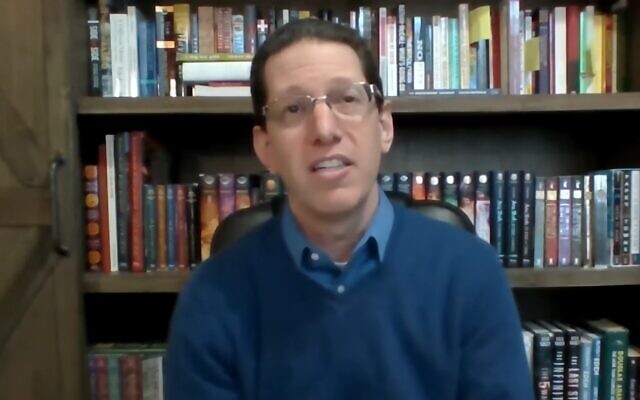
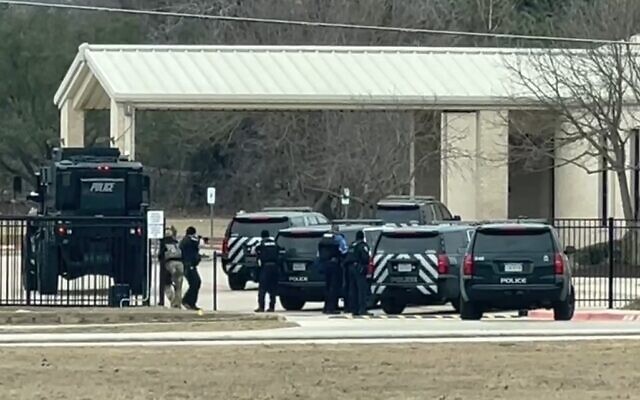
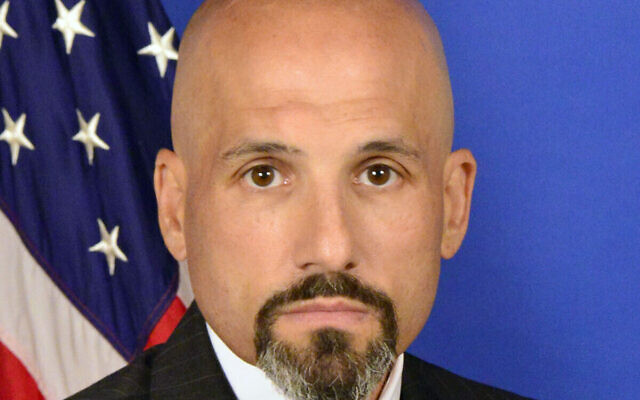
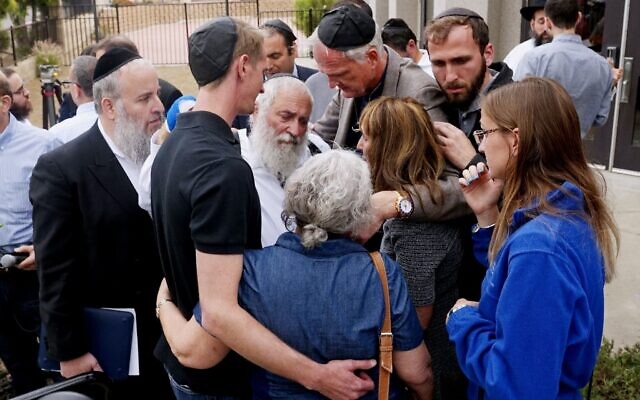
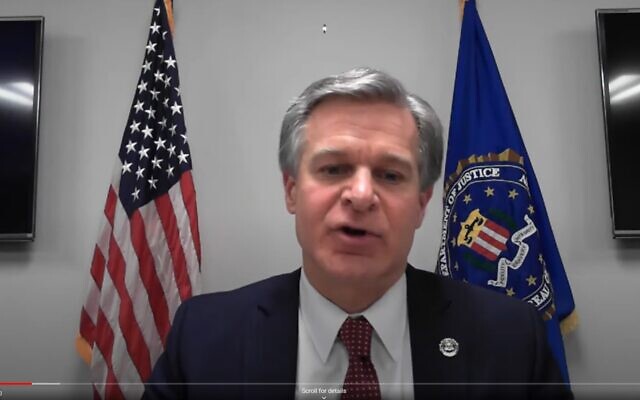
comments